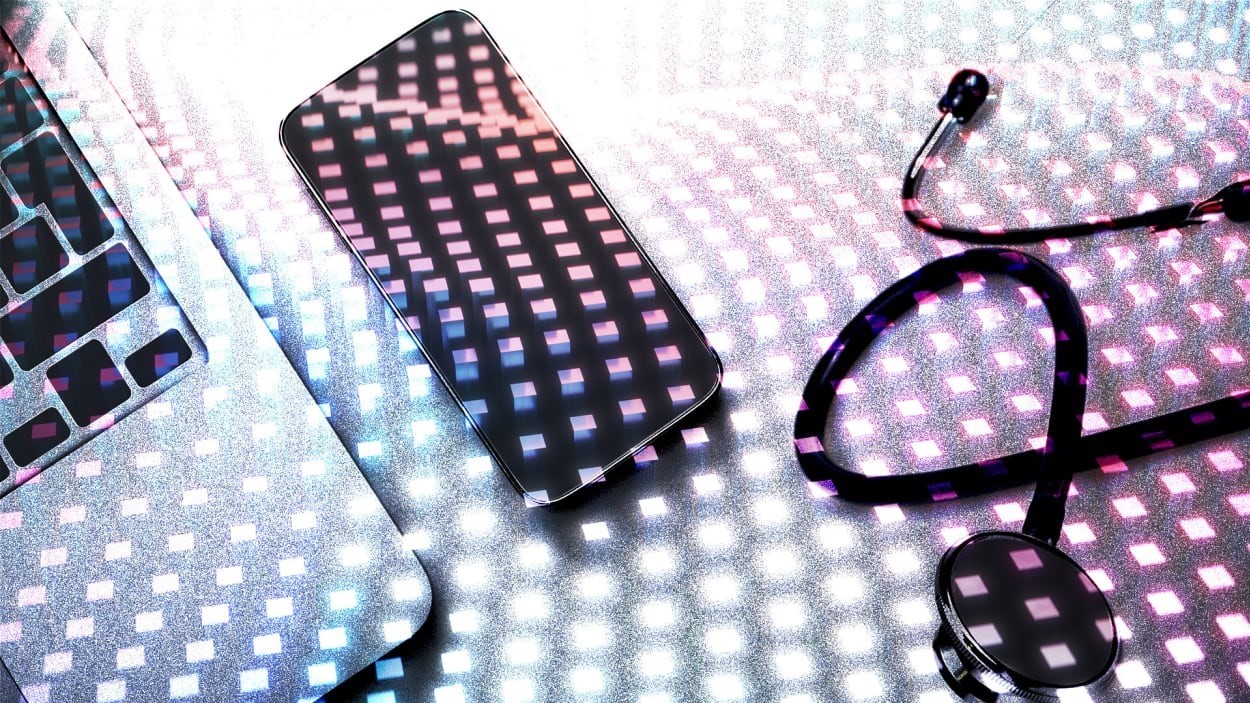Could ChatGPT be better than WebMD for self-diagnosis? A new study investigates
If you don’t have a primary care provider (PCP), you’re far from alone. In 2023, those who don’t require frequent medical care are less likely to check in with a PCP. Instead, do-it-yourself diagnosing is on the rise.
According to one new study, one in 4 people said they’ve used social media for a DIY diagnosis. Of those, 43% followed up with a medical professional, and 82% had their diagnosis confirmed. But while there’s a definite wave of people who are googling and learning about their health on social media—where misinformation runs rampant—there might be a better way to do-it-yourself.
A new cross-sectional study, published in JAMA Oncology, studied responses from AI chatbots as a way of learning about illnesses. The study examined AI responses to the five most-commonly searched queries related to the five most common cancers: skin, breast, lung, colorectal, and prostate. It found that they were “an accurate and reliable supplementary resource for medical information.”
That’s good news, given that people seem to be using the internet to self-diagnose more than ever. Doing your own research has power when it comes to your health. Still, it’s not a fool-proof plan. While there was no misinformation found, and responses were rated as “good,” the chatbots scored lower on “understandability,” which fell in the moderate range. More concerning, “actionability” was rated as poor. So, people might learn a thing or two about their health from AI, but it’s not always easy to sort out what it all means, or what to do with that information.
Chatbots certainly seem more reliable than a google search, however. While sites like YouTube have begun pushing back against the spread of misinformation—including cracking down on videos that mention fake cancer cures—unchecked ideas masquerading as quality health information are fairly rampant.
AI might not be as fun or entertaining as an engaging and shareable video circulating on social media, but when it comes to your health, it’s definitely the more evidence-based way to gain information. But the best and most important step is still going to a reputable doctor, who can not only diagnose you, but also explain your condition, answer questions, and give you a plan for treatment—most of which, self-doctoring via the internet can’t reliably provide.
(39)



